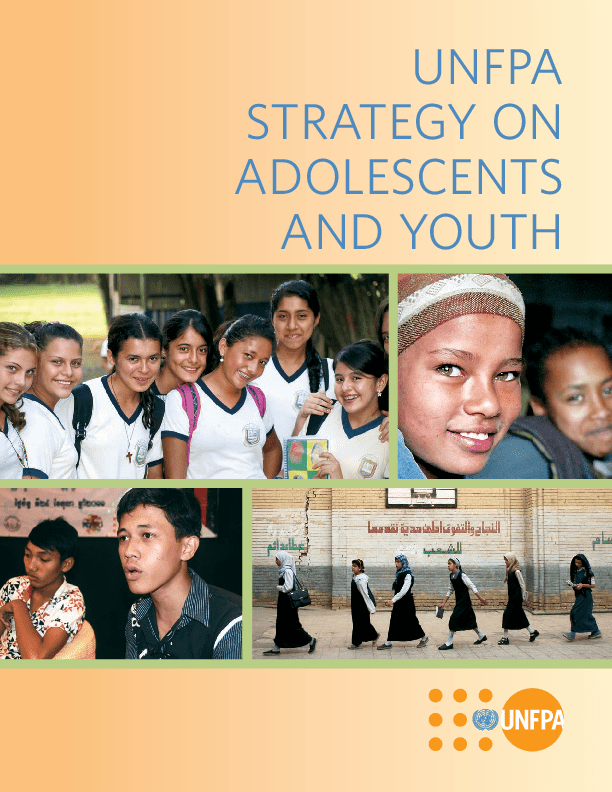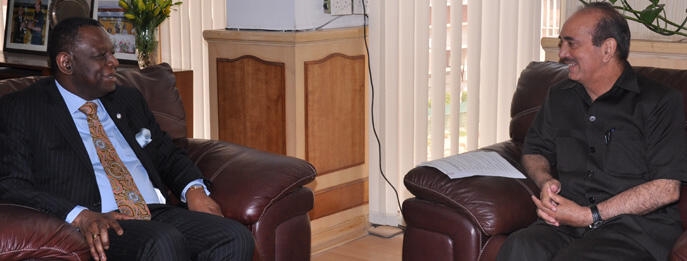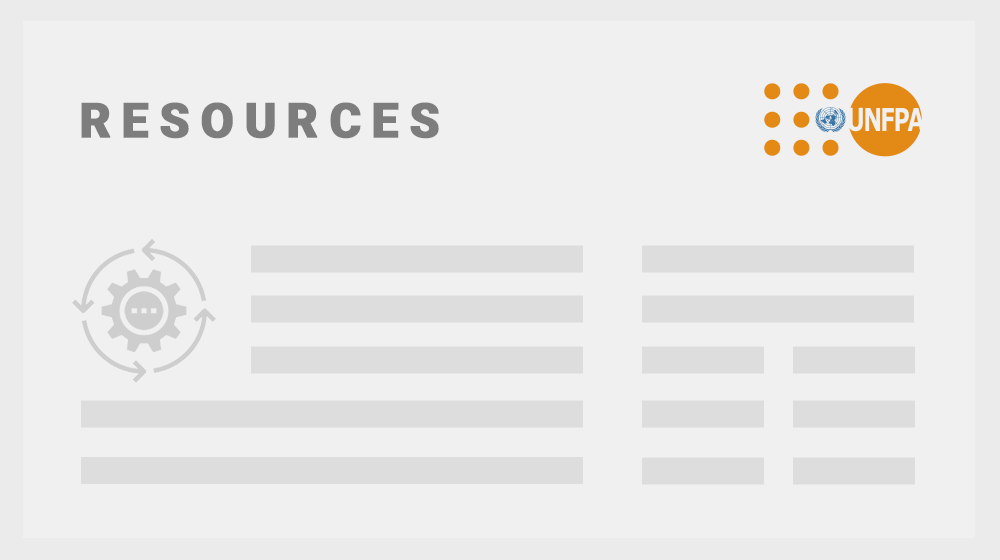
Six young women inspiring hope across the world
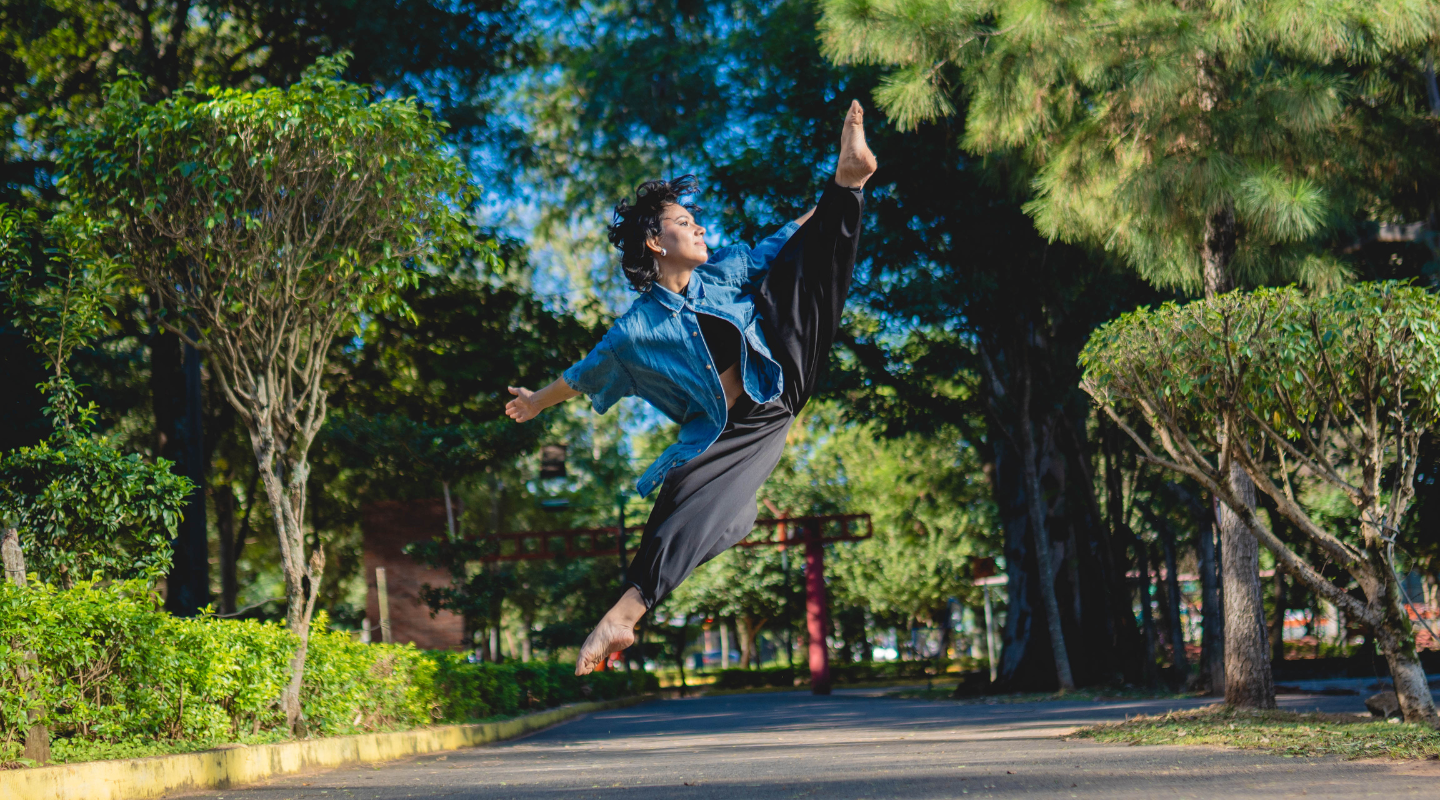
A dancer, artist and law student, Andrea Esquivel has a dream: a world in which women can enjoy gender equality and live free of fear. “I want a society that stops being ashamed of things as natural as sexuality,” she says. She is doing her part to make it happen.
Through her work with UNFPA ally Joven Presencia in San Lorenzo, Paraguay, the 25-year-old activist is raising awareness about sexual and reproductive rights by leading workshops for young people, as well as by telling stories through dance.
She is among an increasing number of young women and girls taking action to create a world in which all girls are protected and empowered – at a time when it could not be more crucial. Girls are disproportionately affected by crises of conflict, climate and poverty, as well as by pushback on hard-fought gains for equality. Too many girls are denied their rights, limiting their future.
The 600 million adolescent girls in the world have infinite potential, but they need support to realize it. To mark the International Day of the Girl, we go behind the scenes with young women who are working with UNFPA to make a difference or benefiting from those initiatives, inspiring hope for us all.
The dancer
Ms. Esquivel first got involved with Joven Presencia – a group that educates and empowers young people in creative ways including through murals, plays, workshops, social networks and marches – when she herself attended a sexuality workshop as a teenager. “I loved that it was people close to my age who talked about the subject with a fun methodology,” she says. “They made me feel listened to without judging me.”
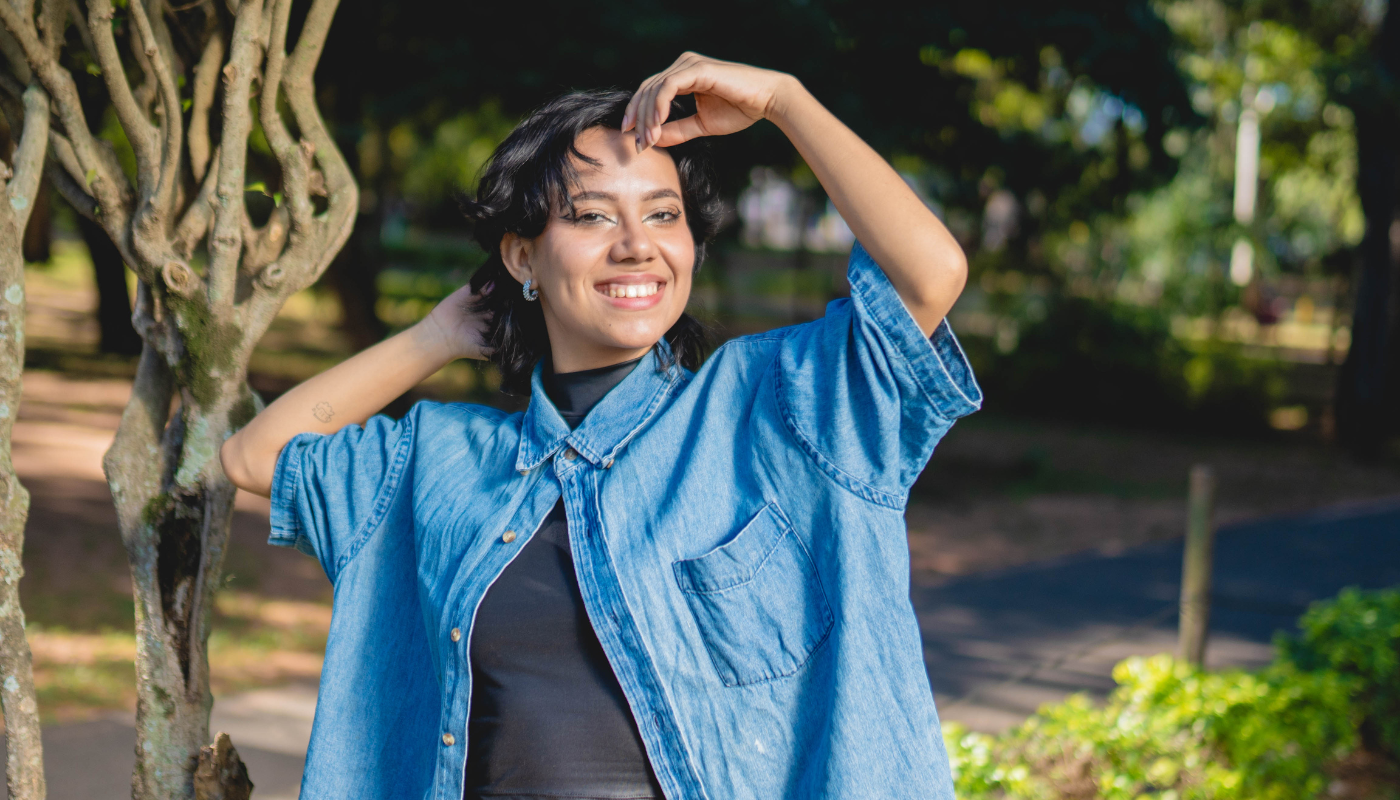
She notes that becoming an activist isn’t easy. It involves “being constantly on alert, feeling that you never know enough,” she says. But there are motivational moments too, she notes, recalling how a student once approached her after she led a workshop on gender-based violence, saying, “Now I feel that I am not alone.”
In a dance she choreographed, she combined her passions, telling the story of a teenage girl who wants to live a life of freedom, equality and respect. “Knowing that you can say ‘no’ until the last moment, that every act done with consent should not be embarrassing…makes us strong,” she says. She would like to see comprehensive sexuality education – a process of teaching the emotional, physical and social aspects of sexuality – reach more schools “to reduce false information that only harms and promotes hatred and censorship.”
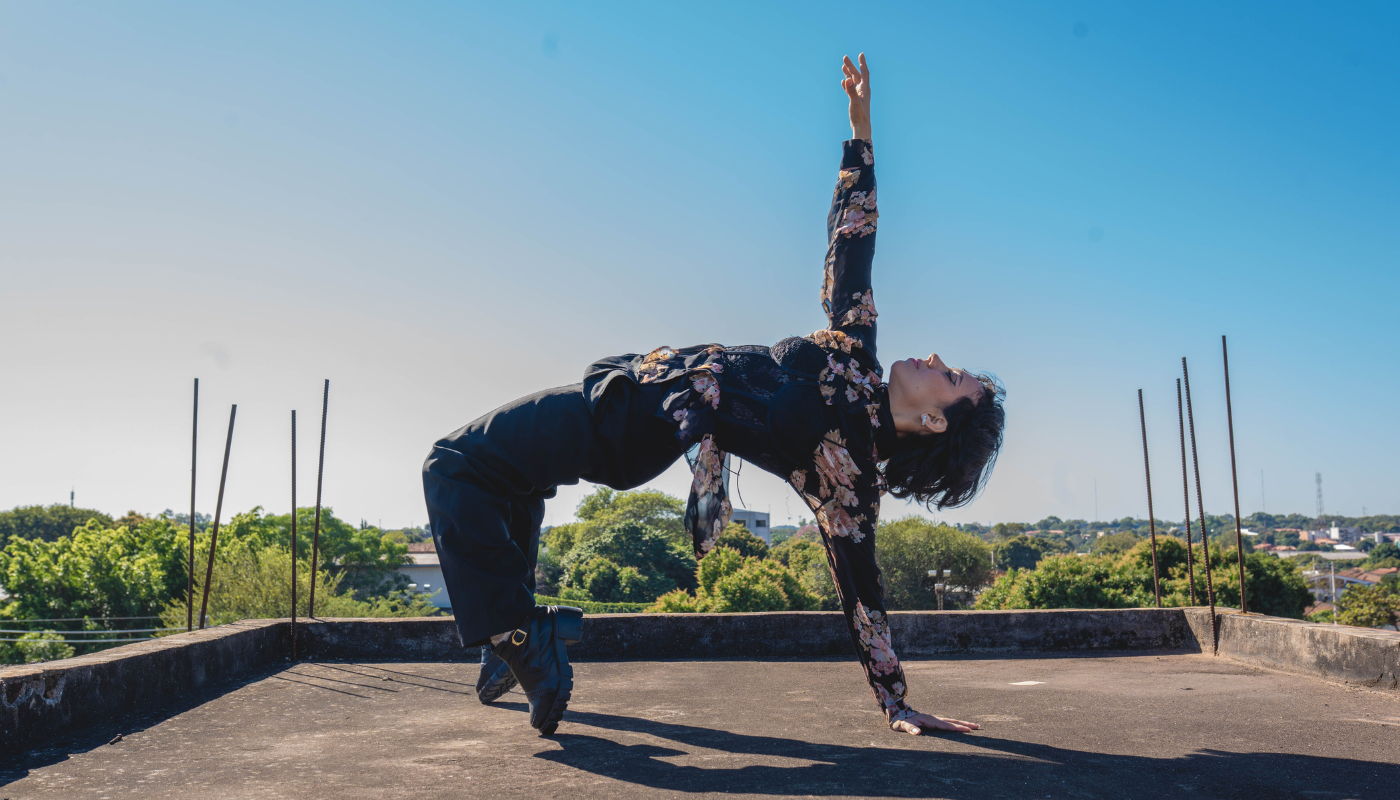
Her work is crucial. Paraguay has some of the highest maternal mortality, poverty and inequality rates in the region, as well as a high rate of adolescent pregnancy and limited sexual and reproductive health services and education for young people. Ms. Esquivel is working to change that, in her own creative way.
The educator
Divya Choudhary grew up in the scenic Indian village of Tikuri in Madhya Pradesh, a state known for its ancient temples and stunning wildlife sanctuaries, where lions and tigers roam. But the region also suffers from issues including drought, economic crises, malnutrition, hunger and high rates of infant and child mortality.
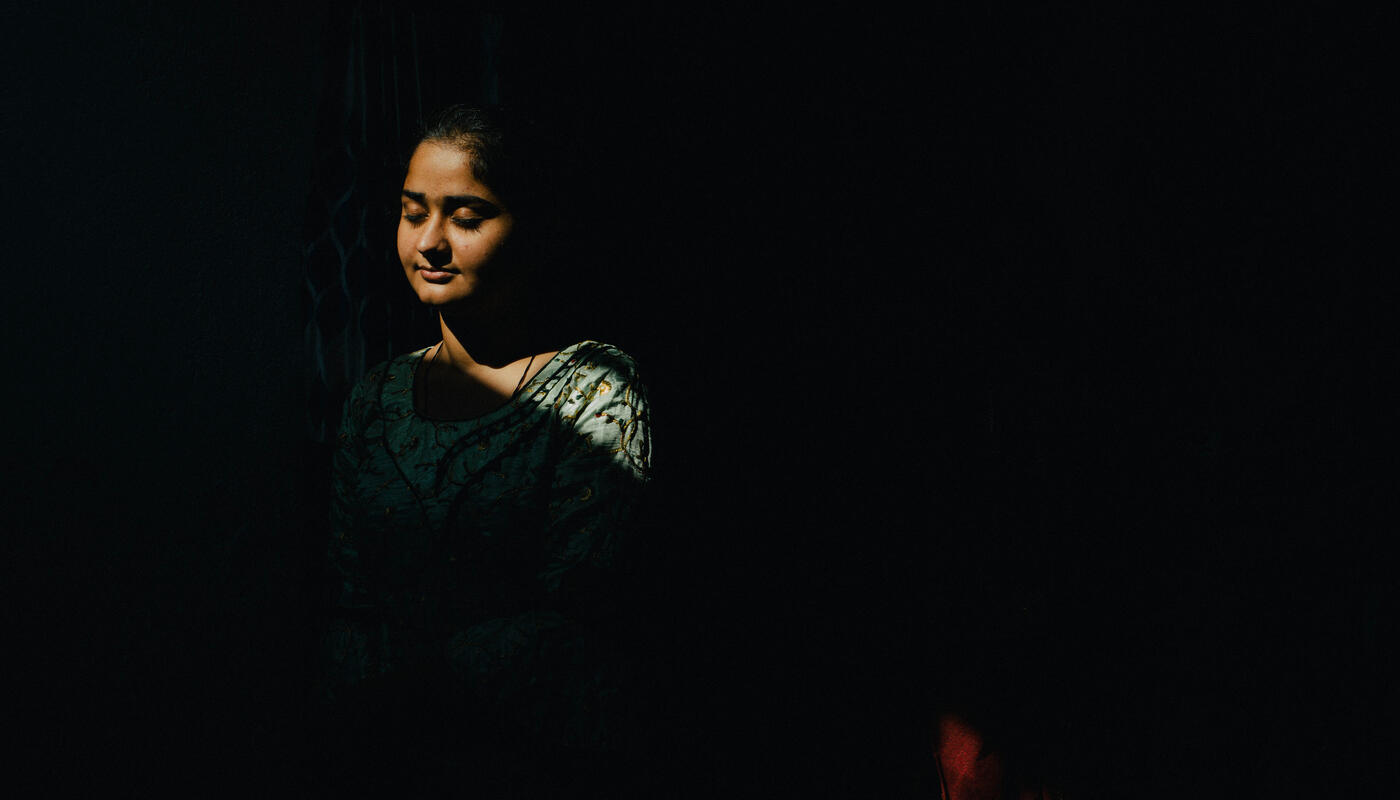
Miss Choudhary, now in her late teens, and her sister, Saniya, have been fortunate: Their parents prioritized education for their daughters. Despite societal pressure, their parents chose to stop having children after two girls, considering their family complete. They wanted to put all their resources into their daughters because – unlike the traditional thinking in the region that girls are a burden – they saw the potential of their daughters.
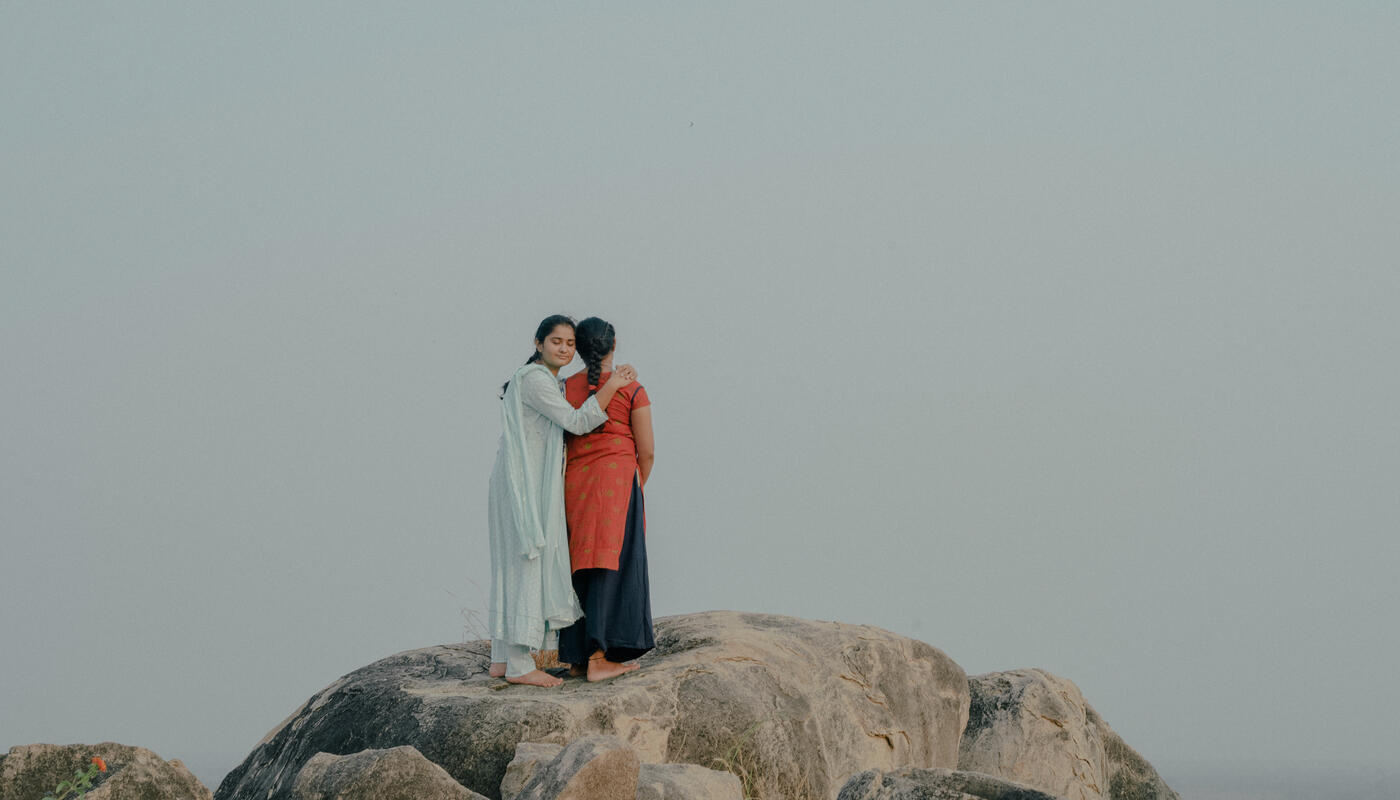
“My parents are my biggest supporters,” she says, noting that she is proud to have risen to the top of her class and is interested in pursuing science to help improve women’s health.
To that end, she works to educate other young people on matters of health in her village, for instance by leading a presentation for her classmates on the nutritional benefits of iron pills. “I am passionate about health and have an in-depth understanding of family planning and sexual and reproductive health because of my mother’s teaching and sensitizing us on these issues,” she says. “These are not topics that one should be coy about addressing or discussing. It is an important aspect of a person’s health. Its importance should not be undermined.”
UNFPA partners with the Government of Madhya Pradesh to enhance the life skills of adolescent boys and girls in schools across the state, initiating a telephone counselling service for students as well as for their families and teachers who wish to talk about mental health, relationships, sexual and reproductive health, emotional well-being and other issues.
It’s a key step towards change. Across the world, adolescent girls disproportionately face threats of intimate partner violence, early pregnancy and harmful practices, contributing to poor mental and physical health, including sexual and reproductive health. Safeguarding the rights of adolescent girls, especially those at risk of being left behind due to poverty, conflict or climate, is critical.
“Today, I feel empowered to do anything I want to and become anything I want,” Ms. Choudhary says, noting that this includes learning to ride a motorcycle to run errands – despite the raised eyebrows of some villagers. “Seeing me, other girls in the village are also learning how to ride a motorcycle.”
The future leader
In Angola, a country struggling with high rates of poverty, teenage pregnancy and maternal mortality, young women often lack access to menstrual supplies and information on sexual and reproductive health. A teenage girl named Celma is part of an initiative to change that.
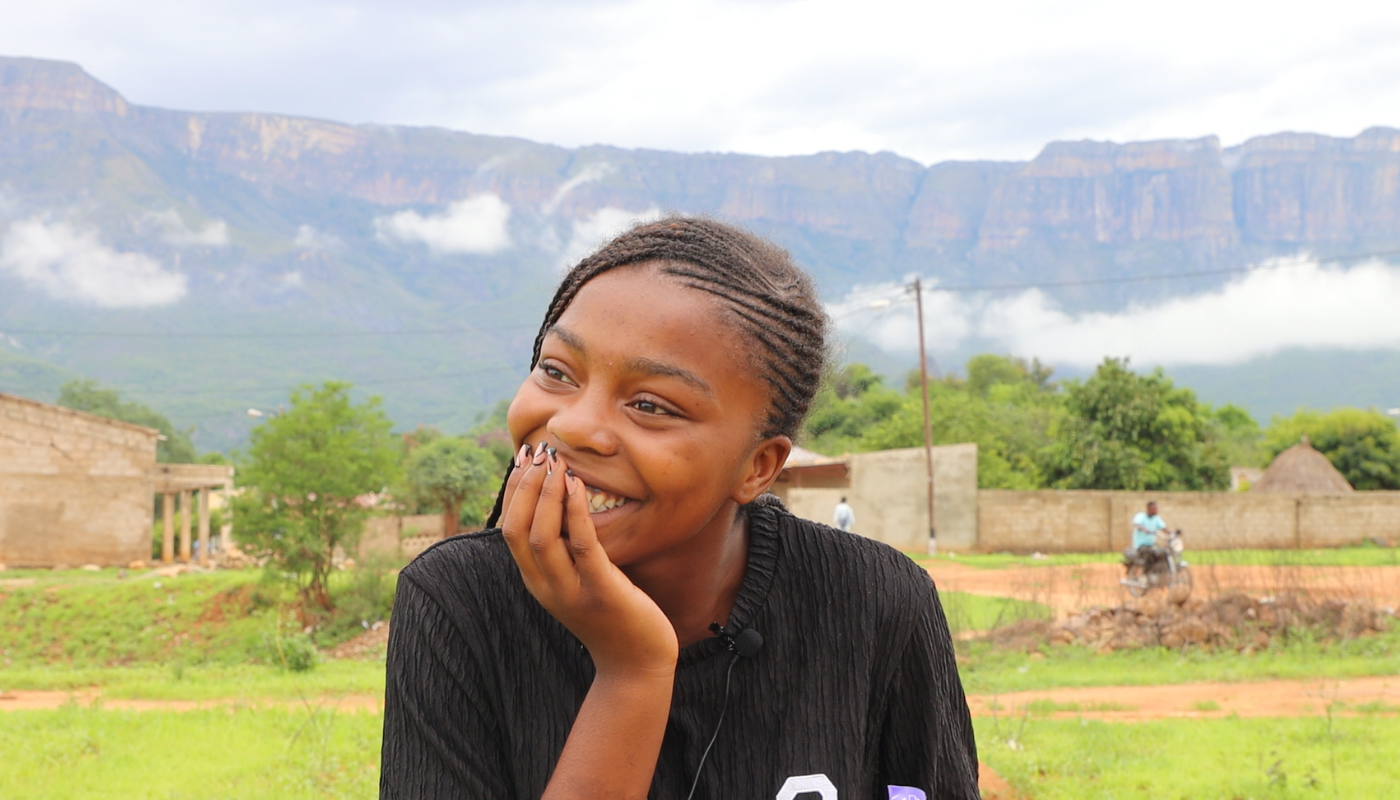
Growing up in the municipality of Bibala in Namibe Province, Celma faced challenges managing her menstruation. Then she attended a series of lectures on menstrual health management, and her outlook changed.
The initiative – the Menstrual Health Management and Support Program to Save Lives of Young People and Internally Displaced Persons – is part of a partnership between UNFPA and the Government of Angola, with funding from the Government of Japan. Celma learned about menstrual health management, as well as sexual and reproductive health, sexually transmitted infections and the prevention of gender-based violence. And she and other girls received dignity kits – containing essential hygiene supplies – to better manage their menstrual periods.
Now, she says, “I already know how I should protect myself and take care of my menstrual hygiene. I learned about the fertile period, I learned about the dry period and the blood period.” Educating herself on these matters has helped her feel healthy and empowered, and now she can share her knowledge with other young women and girls.
The lectures and kits are not only a delivery of information and products, but of dignity and opportunity. “There are many girls who do not have the ability to buy supplies,” Celma says. “Thank God – he sent people in good faith who offered us these kits.”
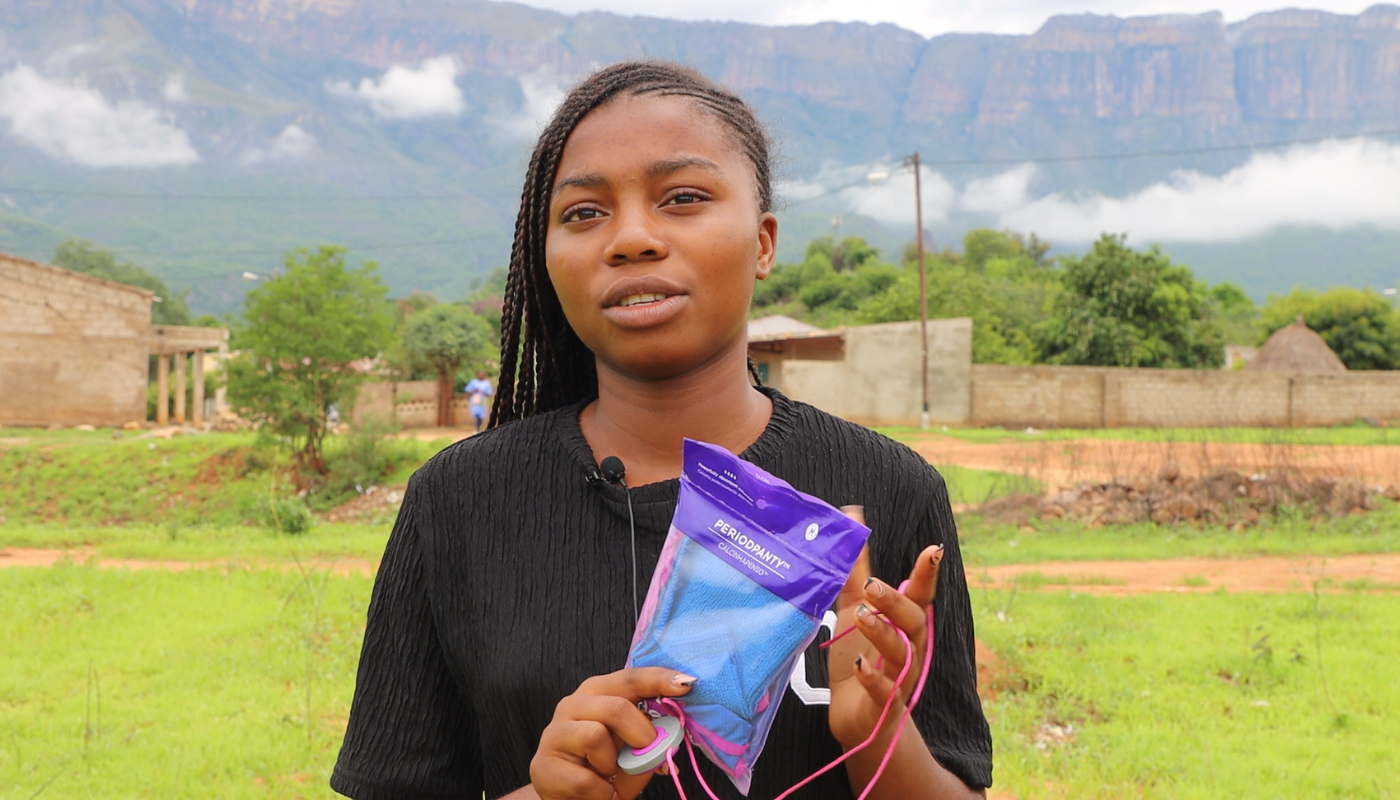
The initiative has reached tens of thousands of people in Angola, helping to create a lasting impact on the lives of teenagers like Celma. Enabling girls in Angola – and around the world – to access health services and to know their rights today will propel societies towards a better tomorrow.
The adviser
Tatiana Chernishenko, 25, was living in the Ukrainian city of Kyiv when the war erupted. After spending a week huddled in her basement, she knew she had to flee. “The only thing I could do was to go to the station and get on the first train leaving,” she says. “I didn’t even have to buy a ticket; because of the crisis, the evacuation from Ukraine was free.”
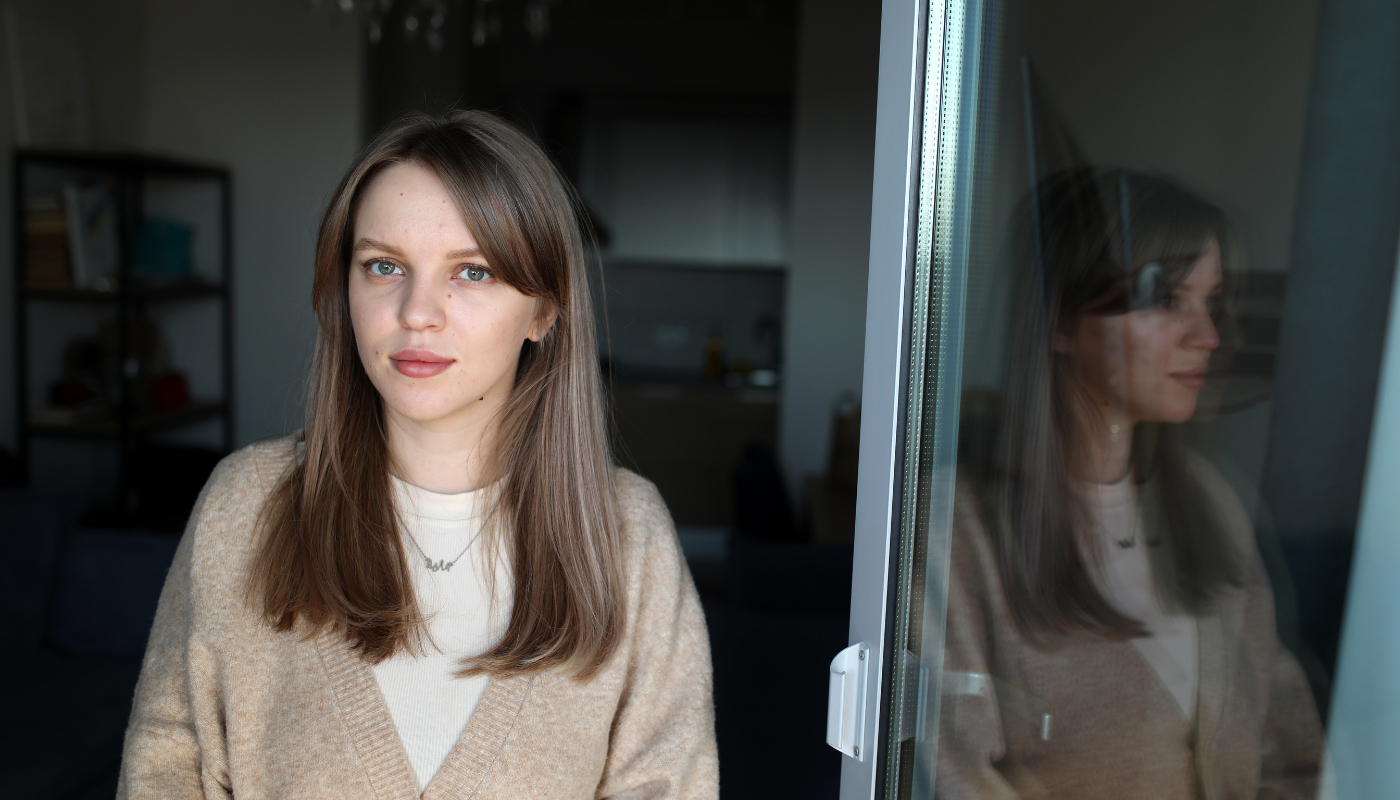
She boarded a train for the city of Lviv, where it was safer. As the train rolled out of the station, she recalls, “I was thinking about where I would spend the night and what I should do.” She ended up staying with acquaintances for two months. “But I couldn’t stay with them forever; mass layoffs and job cuts had already started. No one knew how long it would last.”
When she learned that Georgia was offering free housing to Ukrainians amid the war, she traveled there with a friend. Once she got settled, she began learning how to use her own experience as a refugee to help others. She participated in training through a joint United Nations programme – Mainstreaming a Disability Inclusive Humanitarian Response to the Ukrainian Refugee Crisis – implemented by five agencies including UNFPA. Now she works with the humanitarian group World Vision to help refugees obtain information about social, educational, medical and other necessary documents. It’s key for people arriving with nowhere else to turn.
The number of Ukrainian refugees stands at more than 6.47 million, with 92 percent in Europe. The war in Ukraine has taken a heavy toll on millions of women and girls, exacerbating the risks of gender-based violence and sexual exploitation and abuse, as well as eliminating livelihoods and increasing poverty levels.
From her new home in Georgia, Ms. Chernishenko is helping to change lives. “I work with many Ukrainians, and they have different needs. There are families who had never lived outside their homeland, have children and find it difficult to adapt to new environments,” she says. “The majority of Ukrainians still do not know how long this situation will last and how long they will have to stay here.”
The advocate
Happiness Eboh runs her own hairstyling business in Lagos, Nigeria, and has big dreams for expansion. But her future wasn’t always so certain. At age 16, she became pregnant, giving birth to a baby girl at 17.
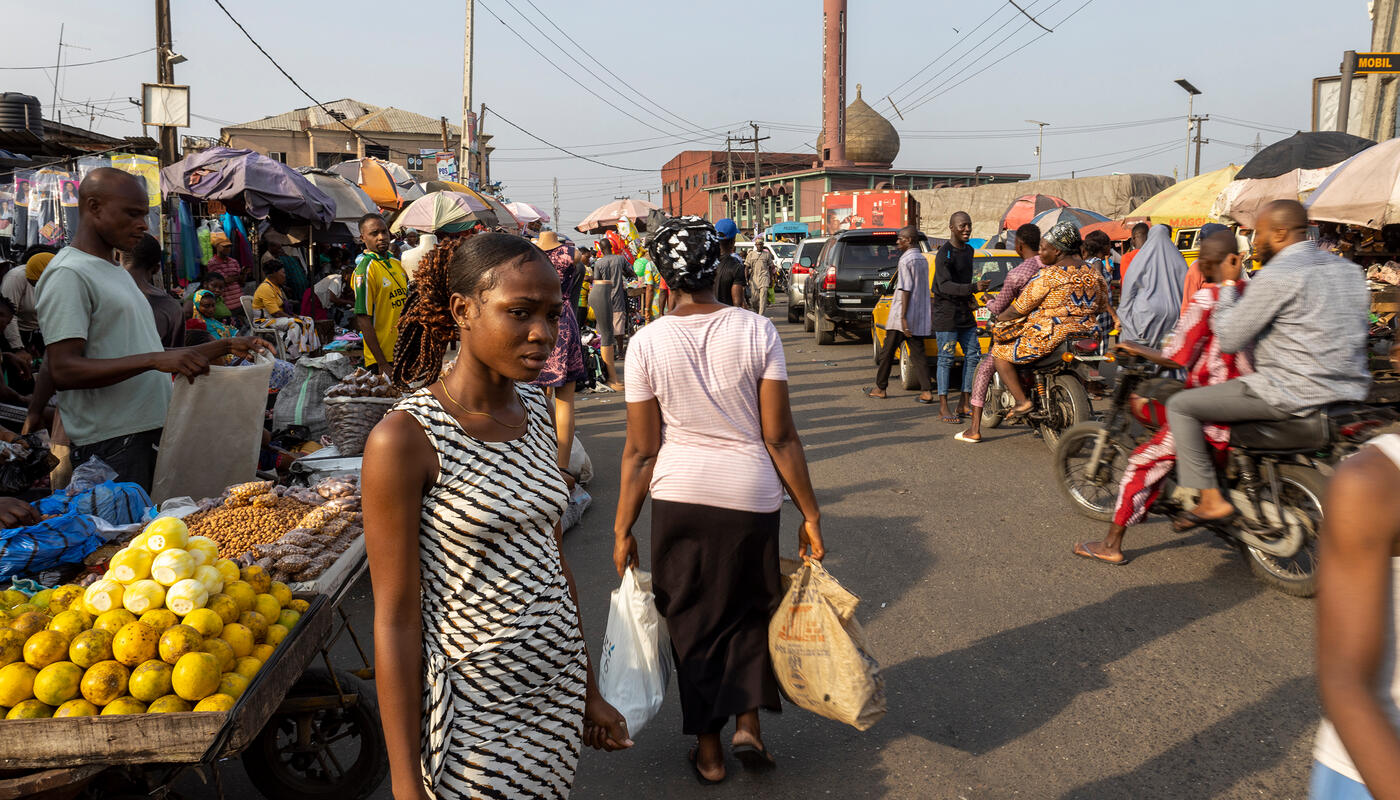
Fortunately, a Young Mums’ Clinic in Lagos, Nigeria, supported by UNFPA, provided her with psychosocial support, essential items, access to family planning and job-training opportunities. Now she is independent and able to take care of herself and her child, while generating savings for the future.
Ms. Eboh, now in her early 20s, is passionate about her work. “I love it so much, not just because it’s my source of income and my profession, but also because I love making my customers happy,” she says. “I hope to build up my own empire one day, to be successful and make my family proud.”
She is grateful to her family for their encouragement along the way. “My dad, mom and siblings all stood by me through my pregnancy,” she says. “They loved me and cherished me.” She shares that love with her own child: “My daughter is my priority. I am happy when she is happy.” Now, she is also sharing the knowledge she gained from the clinic with other young women and girls, working as an advocate and mentor on sexual and reproductive health and rights.
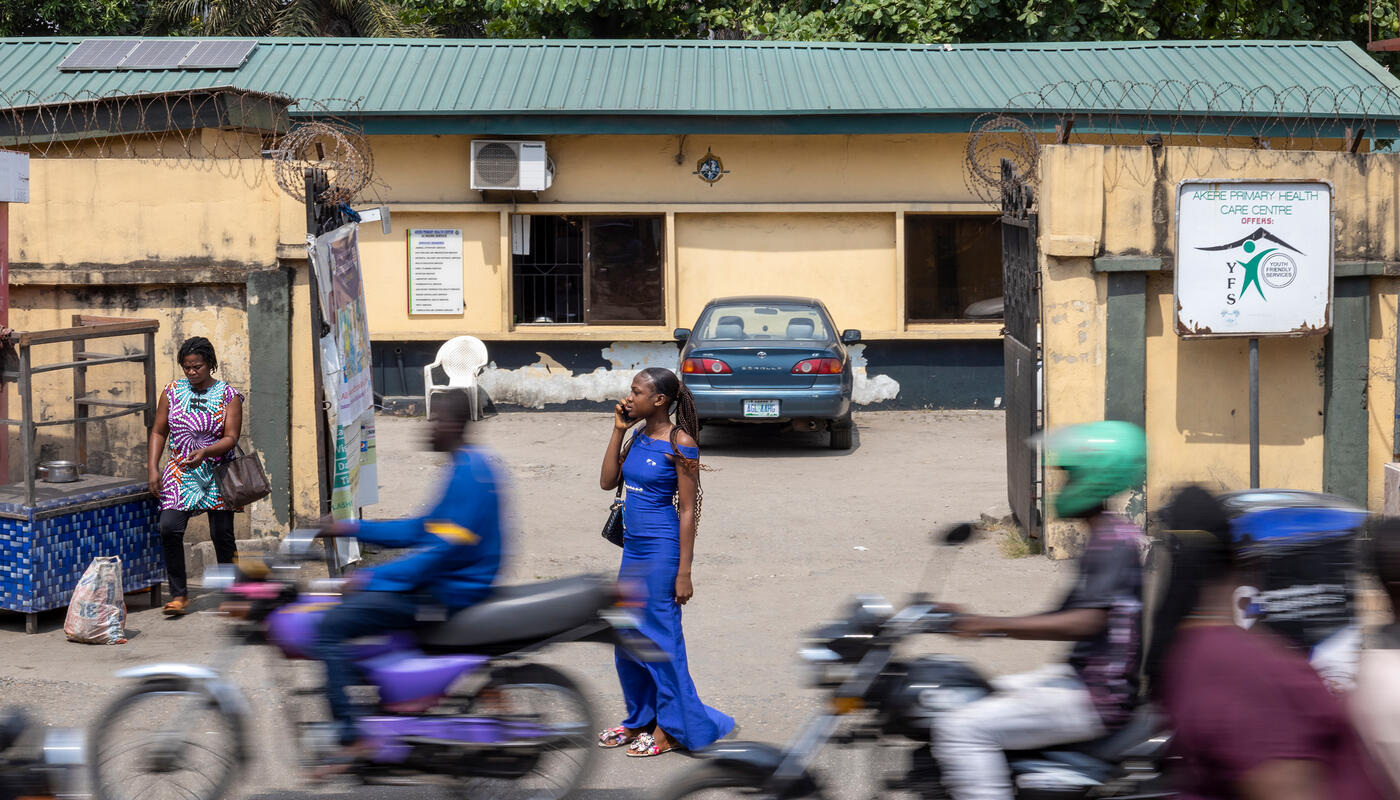
Nigeria has a dynamic economy and a large population expected to double in the next two decades. The government, with support from UNFPA, is directing resources to address high rates of teen pregnancy and limited access to sexual and reproductive health services.
Young women like Ms. Eboh are increasingly claiming their right to participate across economic, social and political spaces. And when young women and girls become leaders, the impact is wide reaching: Families, communities and economies are all stronger.
The volunteer
In East Jerusalem, young people are at the heart of the Burj Alluqluq Community Centre, which offers recreational and vocational activities to Palestinian youth growing up in the West Bank, where violence has escalated in the past year. Here, young people can even talk to a robot if they feel so inclined.
Indeed, the Q-Robot looks like a toy but is quite smart, teaching students about digital safety and answering questions on topics such as bullying and social media. Another key initiative of the centre: organizing dignity kits containing hygiene supplies for distribution to adolescent girls.
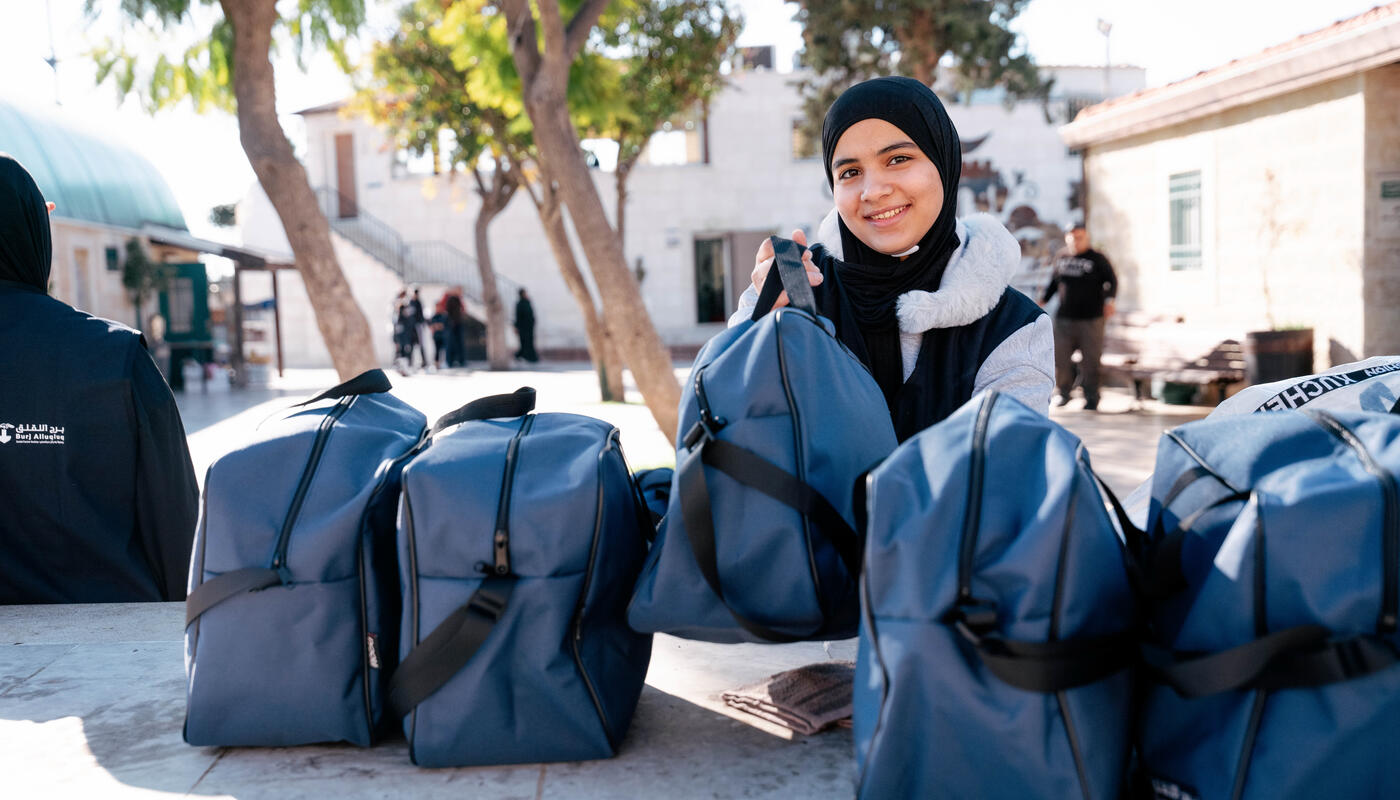
Razan Seyag volunteers her time at the centre, which is one of many initiatives UNFPA supports across Arab communities, to organize the kits, and takes pride in knowing that she is helping to improve lives. “Volunteering enables us and teaches us that every girl can make a difference,” she says. “I encourage every girl to continue her education and engage in volunteering, because the real strength lies in knowledge and teamwork.”
Cheers to that. With the right resources and opportunities, the potential of girls is endless. Yet the benefits of investing in girls remain largely unrealized, with millions of girls facing discrimination, exclusion and oppression around the world. The numbers say it all: Nearly a quarter of adolescent girls will have experienced physical and/or sexual violence by an intimate partner by the time they are 20 years old. Approximately 12 million girls age 15 to 19 give birth every year in developing regions of the world. And adolescent girls are a growing target group subjected to digital violence amid their increasing use of technologies.
All adolescent girls have the right to exert agency over their bodies and lives. It’s time to build a more just and equal world in which girls are safe to grow, their rights and choices recognized and respected. Realizing this vision requires strategic investment in policies and initiatives focused on building skills and confidence for adolescent girls, in addition to fostering equality and expanding access to sexual and reproductive health services and information.
“Every girl has a vision of what her life will bring,” UNFPA Executive Director Dr. Natalia Kanem says. “That dream needs to be supported and protected as she makes her journey from adolescence to adulthood.”
In honour of this International Day of the Girl, let’s invest in the rights of girls and unleash their full potential. You can do so here.
